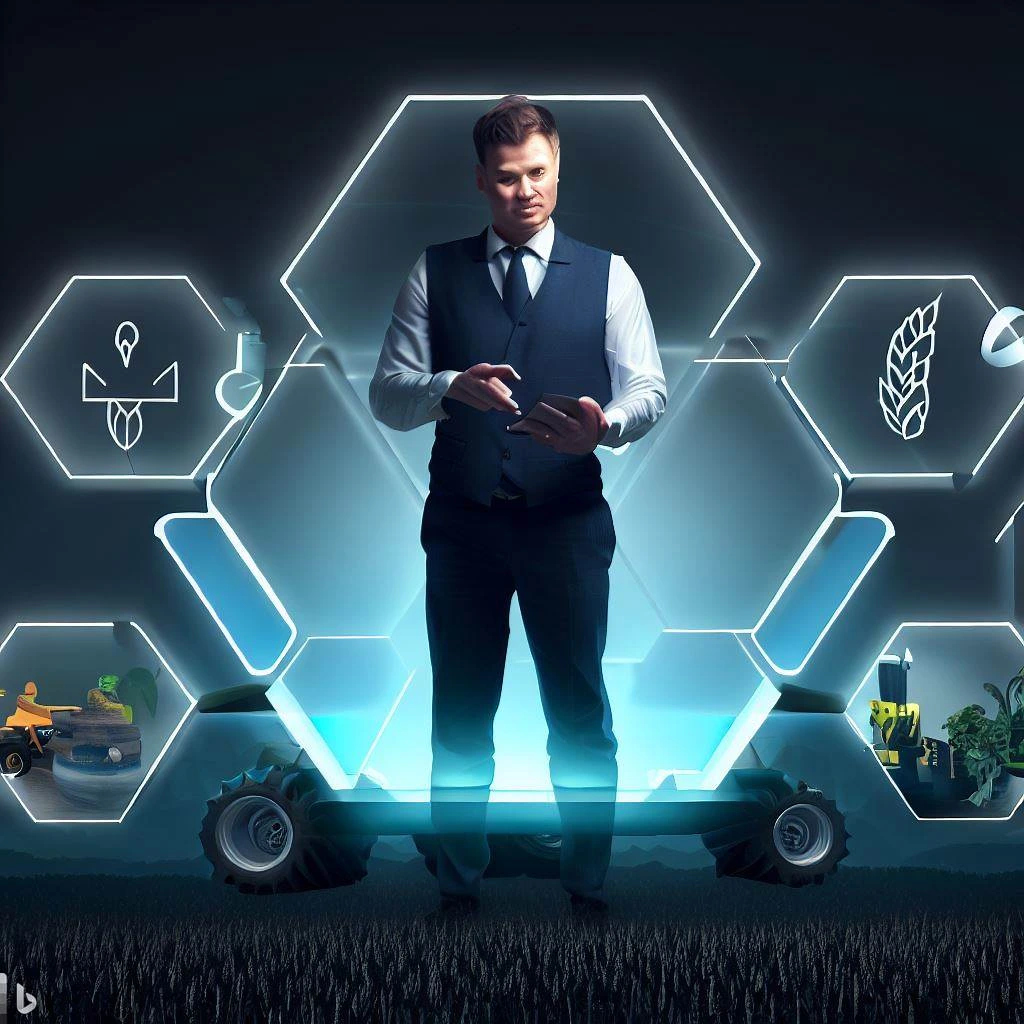
Agriculture plays a pivotal role in feeding the world’s growing population, supporting economies, and maintaining ecosystems. However, the field of agriculture faces numerous intricate challenges that require innovative solutions. In this blog post, we will explore seven difficult aspects of modern agriculture and delve into the complexities they entail.
Climate Change and Uncertain Weather Patterns: Climate change has brought about unpredictable weather patterns, making it challenging for farmers to plan their planting and harvesting schedules. Extreme weather events like droughts, floods, and storms can devastate crops and disrupt food supply chains. Adaptation strategies, resilient crop varieties, and precision farming techniques are essential to mitigate these challenges.
Soil Degradation and Erosion: Soil degradation due to improper land management, erosion, and loss of fertility poses a significant threat to agricultural productivity. Implementing sustainable soil conservation practices such as crop rotation, cover cropping, and reduced tillage is essential to maintain soil health and prevent erosion.
Water Scarcity and Irrigation Management: Water scarcity is a pressing issue in many regions, and efficient water management is crucial for sustainable agriculture. Precision irrigation methods, water-efficient crops, and the use of technology like sensors and drones can help optimize water usage and minimize waste.
Pest and Disease Management: Pests and diseases can ravage crops, leading to substantial yield losses. Finding environmentally friendly and economically viable methods to manage pests, such as integrated pest management (IPM), genetic resistance, and biocontrol, requires continuous research and innovation.
Labor Shortages and Rural Decline: As rural populations decline due to urban migration, finding a skilled agricultural workforce becomes increasingly difficult. Mechanization, automation, and digital technologies like agricultural robots and AI-driven solutions are being explored to address labor shortages and make farming more efficient.
Global Trade and Market Access: Agricultural producers often face challenges related to international trade, market access, and fluctuating commodity prices. Negotiating fair trade agreements, diversifying markets, and supporting value-added processing can help farmers navigate these complexities.
Sustainable Intensification and Biodiversity Loss: Balancing the need for increased food production with the conservation of biodiversity is a complex challenge. Promoting agroecological practices, preserving natural habitats, and promoting the cultivation of indigenous crop varieties can contribute to sustainable intensification while protecting ecosystems.
Conclusion: Modern agriculture is not without its intricate challenges, but innovative solutions, technological advancements, and sustainable practices offer hope for a resilient and productive agricultural sector. By addressing these difficult aspects head-on and fostering collaboration between scientists, policymakers, and farmers, we can work towards a more sustainable and food-secure future.









